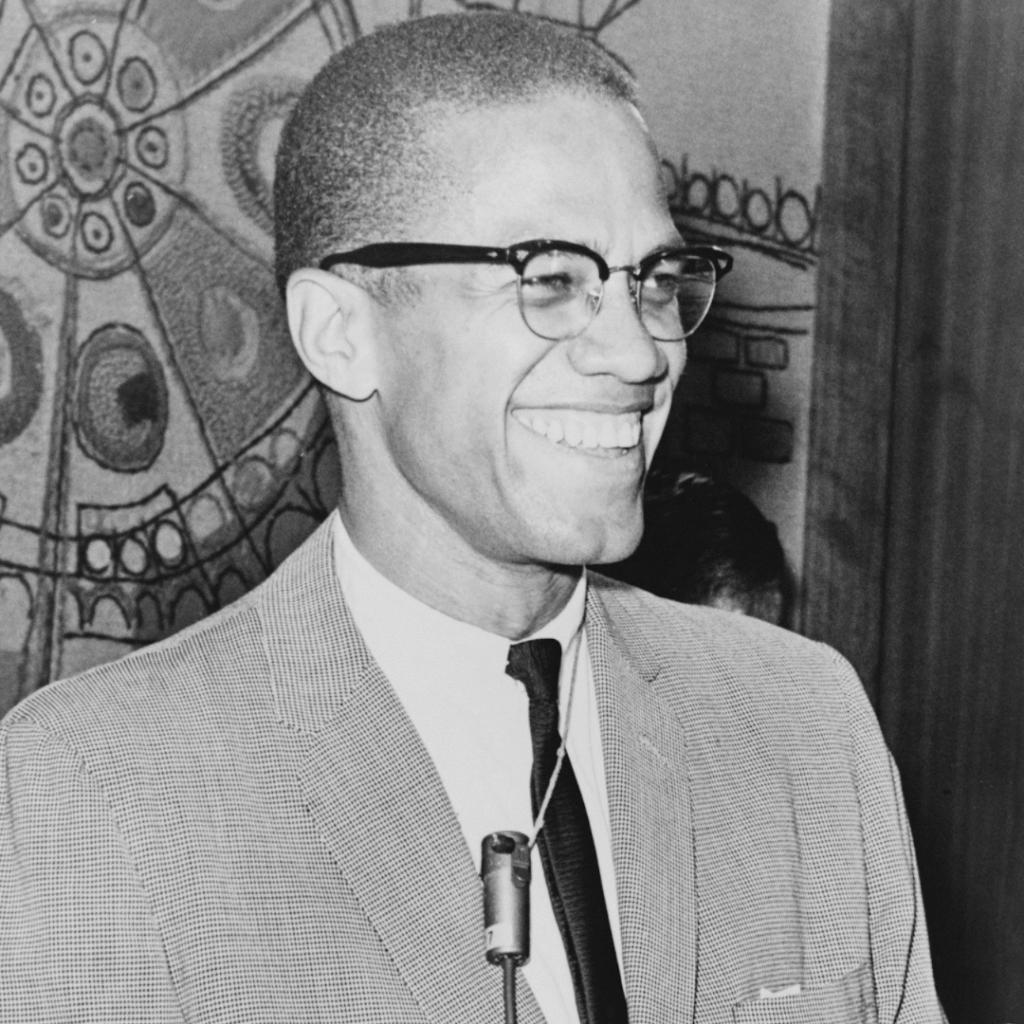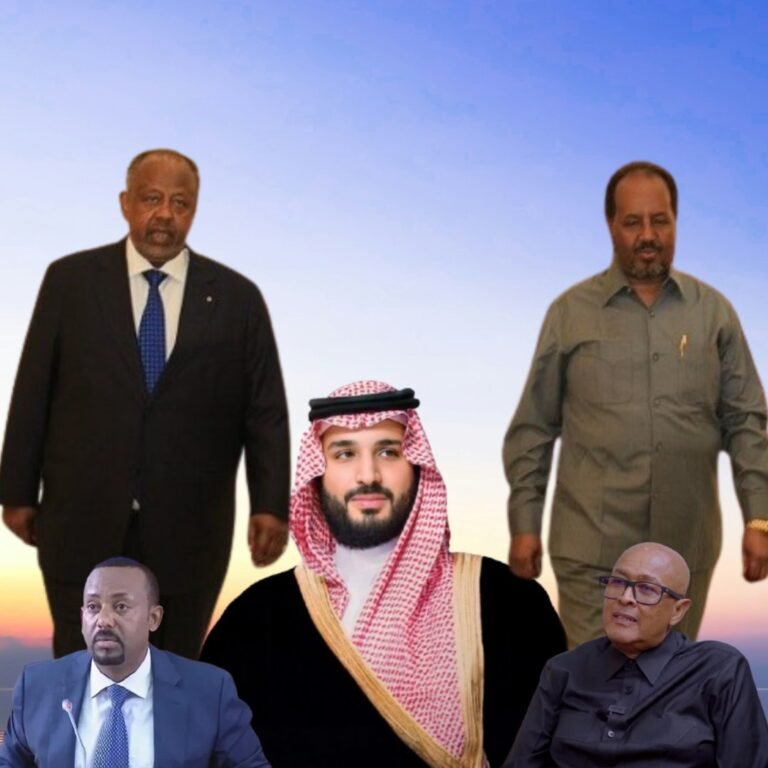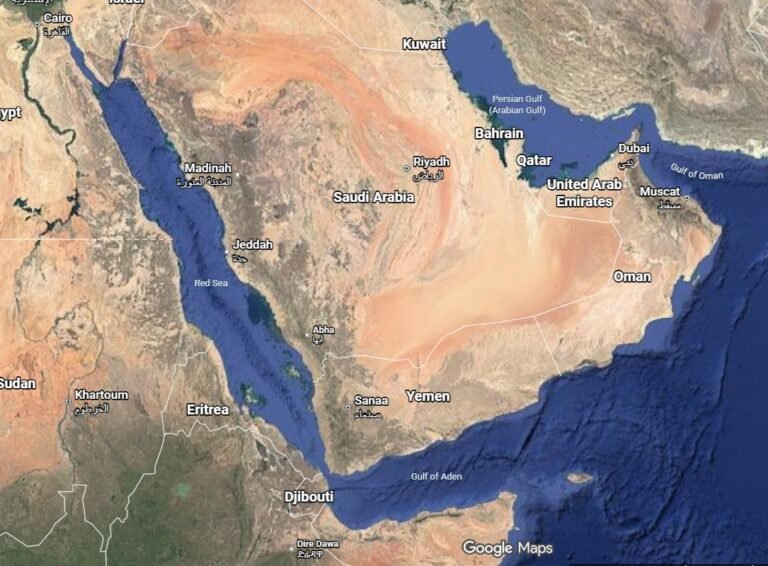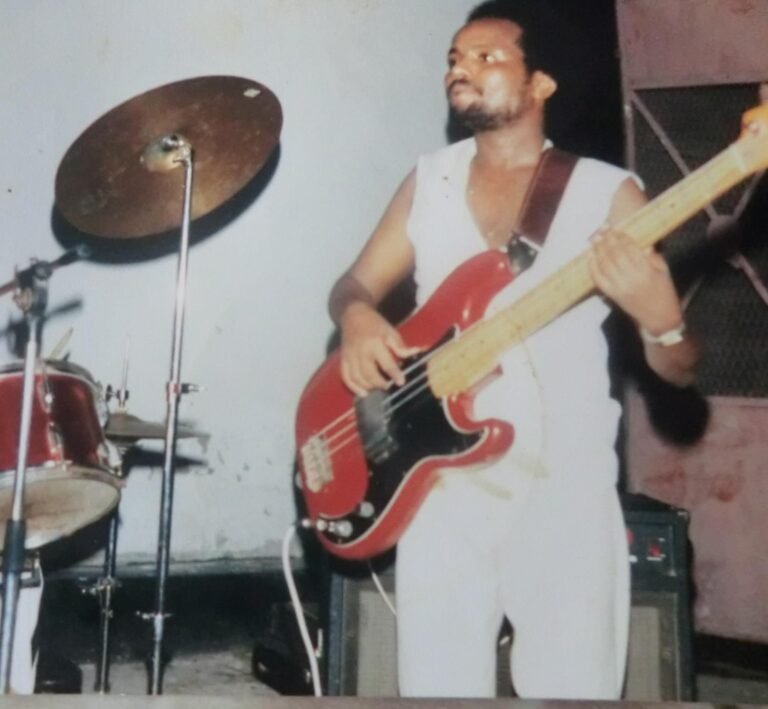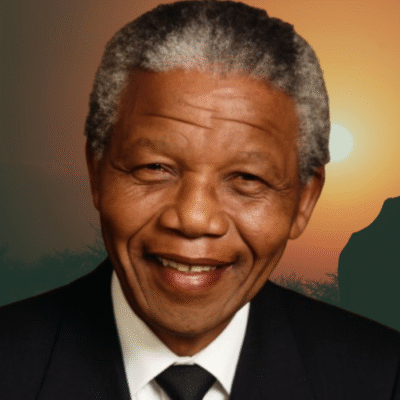
Full Name: Nelson Rolihlahla Mandela
Born: July 18, 1918 – Mvezo, Eastern Cape, South Africa
Died: December 5, 2013 – Johannesburg, South Africa
Accomplishments: Anti-Apartheid Revolutionary
Political Leader
Philanthropist
President of South Africa (1994-1999)
Nelson Mandela: Early Life & Education
Nelson Mandela was born into the Thembu royal household of the Xhosa nation. His father, Gadla Henry Mphakanyiswa, was a chief, and a counselor to the Thembu king. Mandela grew up in rural Qunu, and it was there that he received the name “Rolihlahla” which translates into “troublemaker” in the Xhosa language.
Mandela attended a series of missionary schools during which a teacher gave him the name “Nelson”. Following this, he attended the University of Fort Hare, however, he was expelled after participating in the student protest. He completed his law degree through the University of South Africa (UNISA).
Mandela entered formal politics and joined the African National Congress (ANC) in 1943. The ANC was and remains the leading organization in the struggle against apartheid, which is the system of institutionalized racial discrimination and segregation imposed on the people of South Africa by the South African state.
Mandela co-founded the ANC Youth League (ANCYL) in 1944, which was advocating for a more radical and mass-based level of conducting the struggle against apartheid. He made quick progress in the ANC in the following decade and became part of the leadership of the ANC in the Defiance Campaign (1952) and Freedom Charter (1955) process.
Anti-Apartheid Struggle & Armed Resistance
Mandela initially promoted protests without violence, but following the Sharpeville Massacre of 1960 which resulted in 69 killed protestors, he and the ANC leadership’s concluded that armed resistance would be necessary.
In 1961, Mandela co-founded Umkhonto we Sizwe (“Spear of the Nation”) to conduct sabotage activities against government infrastructure, which was the armed wing of the ANC.
Imprisonment: 27 Years in Jail (1962–1990)
In 1962, Mandela was arrested and sentenced to 5 years in prison for incitement to strike in terms of the Sabotage Act. Purposefully during this prison sentence, new charges were laid against him at the Rivonia Trial from 1963–1964 where he was sentenced to life in prison with the raising of both arms from a chair and raising one arm instead of standing to salute the judge, at least opportunity to defeat these arguments by raising new arguments and witness to the opposite of the Scharpville massacre against unarmed protestors.
Mandela spent 18 years imprisoned on Robben Island, as well as stints in Pollsmoor Prison and Finish – Victor Verster Prison. Even with the terribly oppressive conditions, Mandela continually became the symbol of resistance against apartheid in both South Africa and on an international basis.
Release & Negotiation (1990–1994)
Confronted with large scale internal resistance from the ANC, and immense international pressure to negotiate, apartheid president, F.W. de Klerk, and his government understood the illegitimacy of apartheid, and South African history was about to change, and honourable compromise, to negotiate away the apartheid regime in favour of freedom for the majority of South African society. Mandela was released from prison on February 11, 1990.
He quickly took over as the ANC leader and sought to negotiate South Africa’s transition to a multiracial democracy. In 1993, he and de Klerk won the Nobel Prize for their efforts.
Presidency (1994-1999)
In South Africa’s first democratic elections on 27 April 1994, the ANC had a landslide victory; Nelson Mandela was inaugurated as South Africa’s first black president on 10 May 1994.
Mandela’s presidency was focused on:
Reconciliation between South Africa’s racial groups.
Nation building and unity.
Establishing a Truth and Reconciliation Commission (TRC) to deal with the atrocities committed during the apartheid years.
Prioritizing social and economic reforms, although he faced considerable challenges in turning around the stark inequalities entrenched by apartheid.
Later Life and Legacy
Mandela stepped down after one term, to remain true to the principles of democracy. He continued his philanthropic work chiefly through the Nelson Mandela Foundation, focusing on issues associated with HIV/AIDS, education issues and rural development.
Mandela remained a world monument of peace, forgiveness, and human rights until he died at 95 on December 5, 2013.
Legacy
A symbol of resisting oppression and racial injustice. He was known as “Madiba”, his Xhosa clan’s name, as a sign of respect. He was hailed around the world for his dedication to reconciliation, peace, and democracy. He inspired worldwide campaigns for human rights and equality.
Famous Quotes
“I have cherished the ideal of a democratic and free society in which all persons live together in harmony and with equal opportunities.” — Rivonia Trial, 1964
“It always seems impossible until it’s done.”

